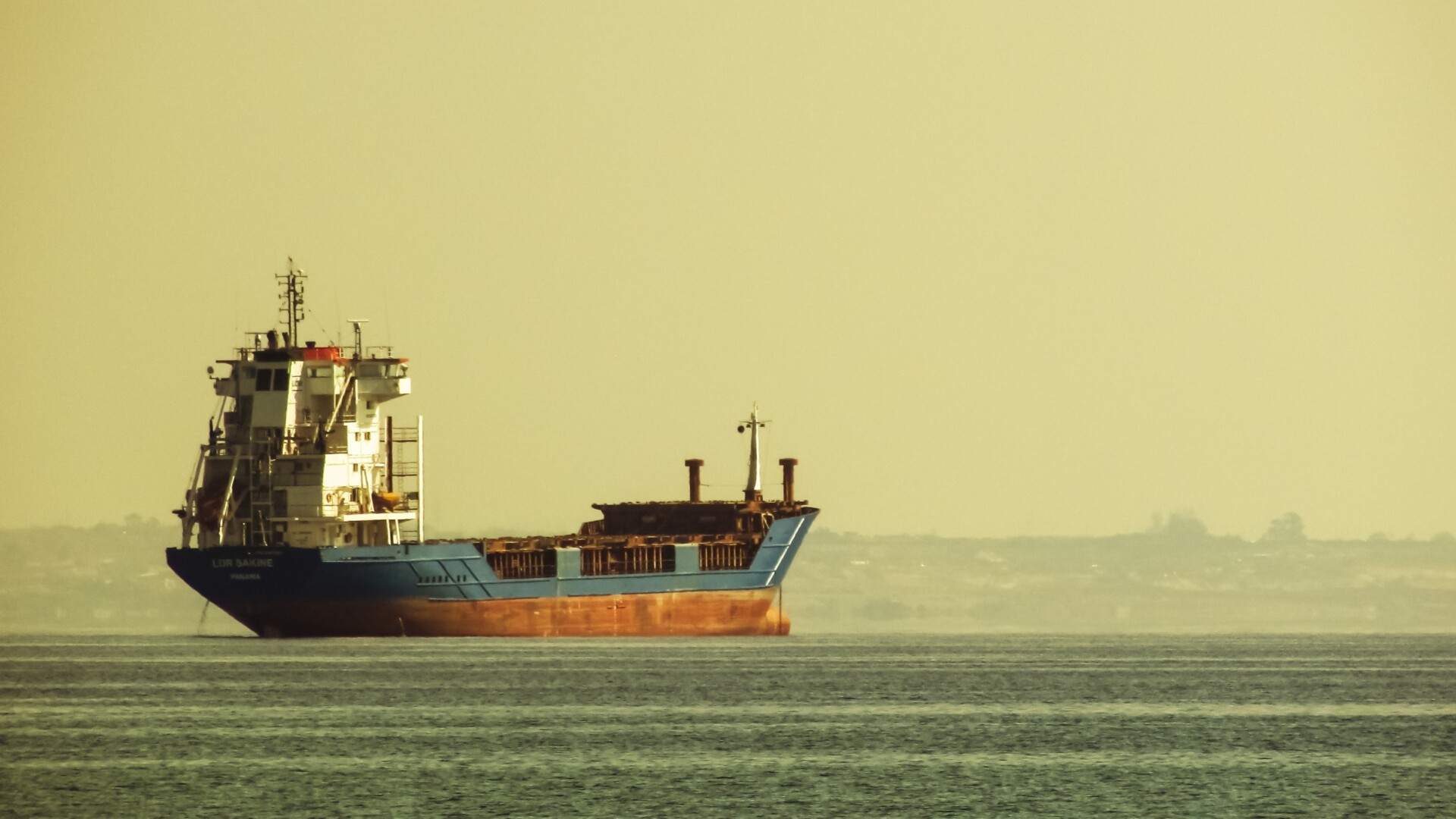Article | Posted on 6th October 2022
The Miracle Hope [2022] EWHC 2234 (Comm)

In the latest decision regarding letters of indemnity (“LOIs”), the High Court has handed down judgment concerning LOIs being invoked pursuant to a charterparty chain.
Introduction
The dispute involved three parties, (1) Trafigura Maritime Logistics Pte Ltd (“Trafigura”), (2) Clearlake Chartering USA Inc/Clearlake Shipping Pte Ltd (“Clearlake”) and (3) Petroleo Brasileiro SA (“Petrobras”).
HHJ Pelling KC was presented with a number of interesting questions which included considering the nature and operation of LOI clauses, particularly in a chain of charters.
One of the issues in dispute was the meaning of orders given to discharge the cargo. This was relevant to the question of whether any indemnity was engaged. Petrobras, sub-charterers at the bottom of the chain, had given orders which were passed up the chain to head owners and the Master, to the effect that the Vessel should “discharge” the cargo. Head owners discharged the cargo and delivered it to the receivers identified within the discharge orders. A misdelivery claim was brought in Singapore against head owners by a financing bank, which was owed money by cargo receivers. In the English proceedings, Petrobras argued that the misdelivery claim arose because head owners had “delivered” the cargo to the receivers contrary to the discharge orders that only required “discharge”.
This article focuses on meaning of the discharge orders, and how the Court interpreted the meaning of these orders on the facts of this case.
Background to Letters of Indemnity
In the oil trade it is often the case that the original bills of lading will not be physically present at the discharge port, for the purposes of the receiver taking delivery of the cargo. This can expose an Owner to a claim for misdelivery, as an Owner should discharge cargo against the production of a bill of lading. So, where the bills of lading are not present, it is usual to discharge cargoes, against an LOI. This is achieved by issuing an LOI or “invoking” an LOI under the charterparty, as a mechanism to ensure that discharge can be made quickly and efficiently to avoid other losses such as demurrage.
Further, where there is a chain of charters, an Owner (and the parties generally) want to ensure that losses or liabilities suffered by Owners, can be passed back down the contractual chain. Here the financing bank, who held the original bills of lading, was pursuing a claim for misdelivery in the Singapore Courts.
To discharge or to deliver?
Petrobras, adopting the submissions from the Singapore proceedings, said there was a distinction between “discharge” and “delivery”. They said that the cargo should have been discharged from the vessel, but the Owners should have retained control of it – for example, by putting it into a separate shore tank.
The Judge found that the discharge orders did not say Owners should retain control of the cargo and that this was an “entirely unreal submission”. The Judge accepted the Master’s evidence that this type of arrangement was not possible or that he had ever seen such instructions. Therefore, the Judge made clear that if the parties did want this type of arrangement, then they would have to clearly state that in the discharge instructions.
The Judge also found that the words “discharge” and “delivery” were used interchangeably by the parties, and in this situation, it meant “deliver to a third party without presentation of the original bills of lading”.
The Judge’ found that Petrobras had to indemnify Clearlake, Clearlake had to indemnify Trafigura and Trafigura had to indemnify head owners.
Comment
Where the value of the claim for misdelivery was significant, it was not surprising that Petrobras deployed all available defences.
The case provides another warning regarding what can happen when a party in the sale chain becomes insolvent and/or fails to pay the financing bank who has the bills of lading as security.
Further, if a party really does want an Owner to retain control of the cargo after it has been pumped off the vessel, then they will need to say so in the clearest of terms and have given thought to issues such as to who would arrange, pay and be responsible for discharge into shore tanks to store the cargo.
While it is accepted “discharge” and “delivery” are separate and distinct concepts, when commercial parties are operating, the words can be expected to be read in a more commercial manner, and within the specific context that they were given.
The Court in this instance took a common-sense approach, and did not adopt a purely legalistic analysis, which may have resulted in an uncommercial result, or not reflected the reality of this type of business.
The judgment highlights the importance of ensuring that LOI clauses, as with all contractual provisions, are clearly worded.
Fanos Theophani, Tim Guyer and Lachlan McLeod acted for the Head Owners.
Link to the judgment is here: https://www.bailii.org/ew/cases/EWHC/Comm/2022/2234.pdf







